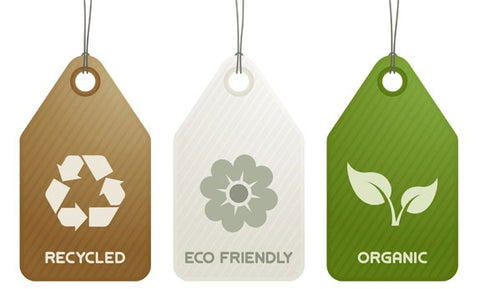
A well-known quote reads, “If the farmer is rich, then so is the nation.”
Farmers are the backbone of our society. From the food industry to the fashion landscape, everyone depends mostly on the produces of the farmers.
The conscious decision to choose organic cotton has helped NorthMist get a broader perspective of things. From working conditions of farmers to impact on consumers, we have witnessed lives changing everywhere.
To interact and connect with the people who matter the most in our line of business, we visited several farmers in the Kadapa district. These brave men and women have shifted to producing organic cotton.
Recommended Reading: Why did we opt for organic cotton?
Though this would be their first harvest, each soul present there were excited about the result. One even quipped, "We know it is the future of farming."
Managed by ZBNF (Zero Budget Natural Farming), the initiative focuses on empowering farmers.

Neoliberalization of the Indian economy led to a deep agrarian crisis, rendering small-scale farming an unreliable option. Privatized seeds and inaccessibility to the market made farming expensive to peasants.
Surmounting debts further increased the number of suicides. Various reports stated that in the last few years, a quarter of a million farmers committed suicide.
However, with the ZBNF initiative, farmers are finding alternate options to safe farming. Producing organic cotton has a significant impact on a farmer’s life, both physically and economically.
While going around the fields, we met a few fantastic individuals who gave us a clear picture of growing organic cotton and why they shift.
Basireddy, Nallapureddypali village

“I had to pay for 5-6 loans that I took for producing cotton crops. And top of that, I had to take a loan for my daughter’s marriage. Whatever little I was earning was spent on paying interest. I had no savings. But now my expenses are so low that I can save money. Hopefully, within a few years, I will be able to save more.”
Viswanadha Reddy, Nallapureddypali village

“Growing conventional cotton is expensive. From seeds to stems to fertilizers, I had to buy so many things. Shifting to organic cotton was one of the best decisions of my life. It is free. We use GMO seeds, and instead of fertilizers, we use natural products. It costs so low. I am delighted. This is the first harvest, but I am positive about it.”
Challa Sudarshna Reddy, Ambavaram village

“I was suffering from serious skin infection as a result of staying around the pesticides for too long. I had boils all over my body. It would itch and get red and puffy. Going for treatment is expensive. I was worried. I have my family, and they don’t have any other source of income. When I heard of organic cotton, I had to take a risk. It’s been almost a year. The boils have almost disappeared. I am glad that I chose to produce organic cotton.”
Gangireddy Varalaxmi, Thavvairpally village

“Because my costs are negligible, I can save money. I have been farming for more than 35 years. My entire family has been farming cotton. I started young, but I could hardly save money. Now, everything looks better. Also, it saves a lot of water. The water sources here are drying up, and it is difficult to irrigate the lands. Organic cotton is fed by rainwater. It is very convenient. Organic cotton is a life-saver.”
By choosing organic cotton, you contribute to the environment by-
- Saving 88% of the water from natural sources
- Using 62% less energy
- Saving millions of lives

What can you do?
Organic cotton is spoken of; however, it is still far from the mainstream conundrum. To ensure that people become aware of organic cotton and its impact on the environment, and on the farmers, consumers must make a more mindful choice.
Also Read: Why Sustainable fashion matters?
How do you ask?
Well, we have summarized a few things that you can do
- Start talking more about organic cotton and make everyone around you aware of its benefits
- Choose clothes that are made of organic cotton
- When buying anything organic, check for certification. For instance, all NorthMist products are GOTS certified, assuring the authenticity of organic cotton
Only after interacting with the farmers, did we get a clear picture. By switching today, you save not only the planet but also a lot of lives.
So, start being mindful and wearing sustainable!






